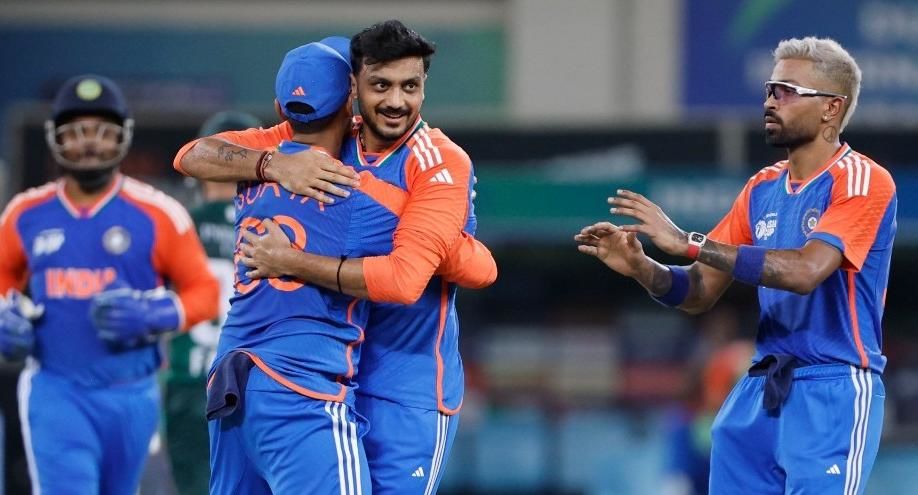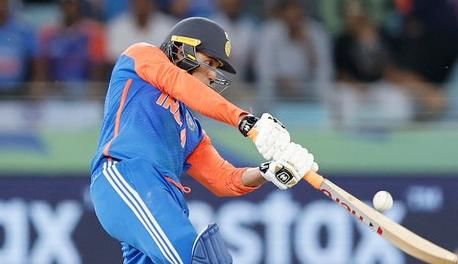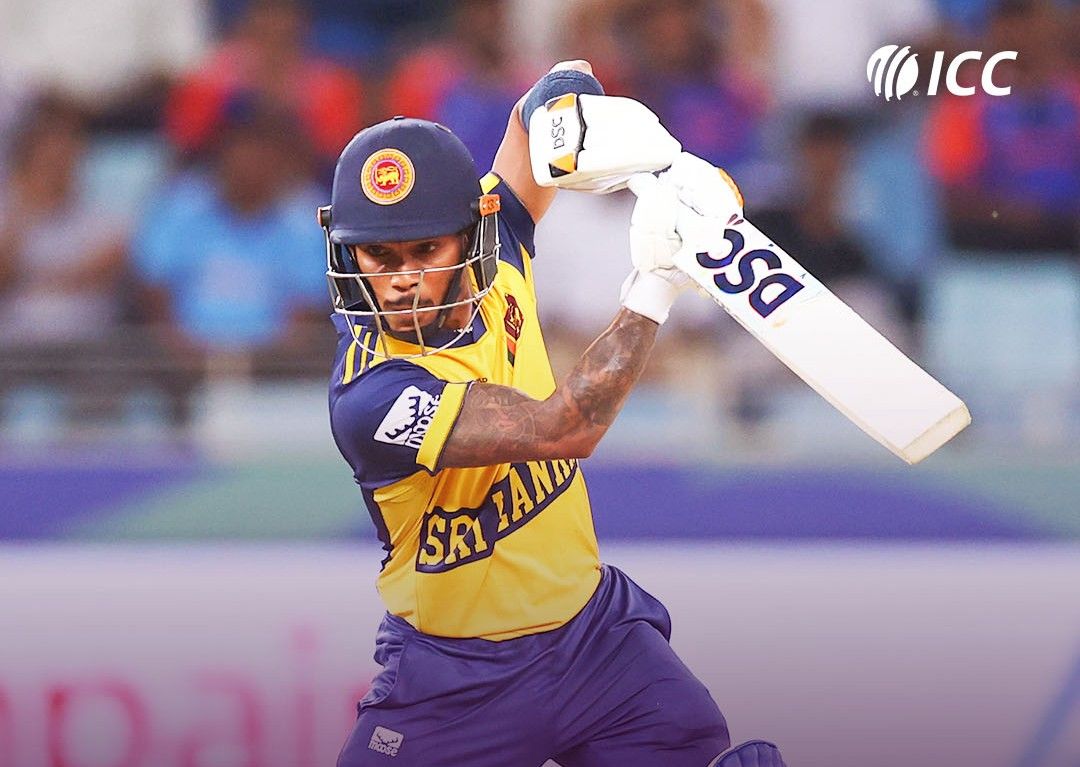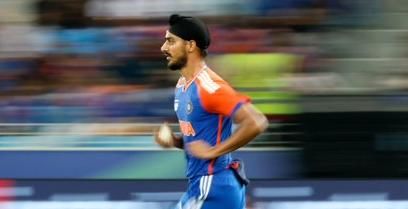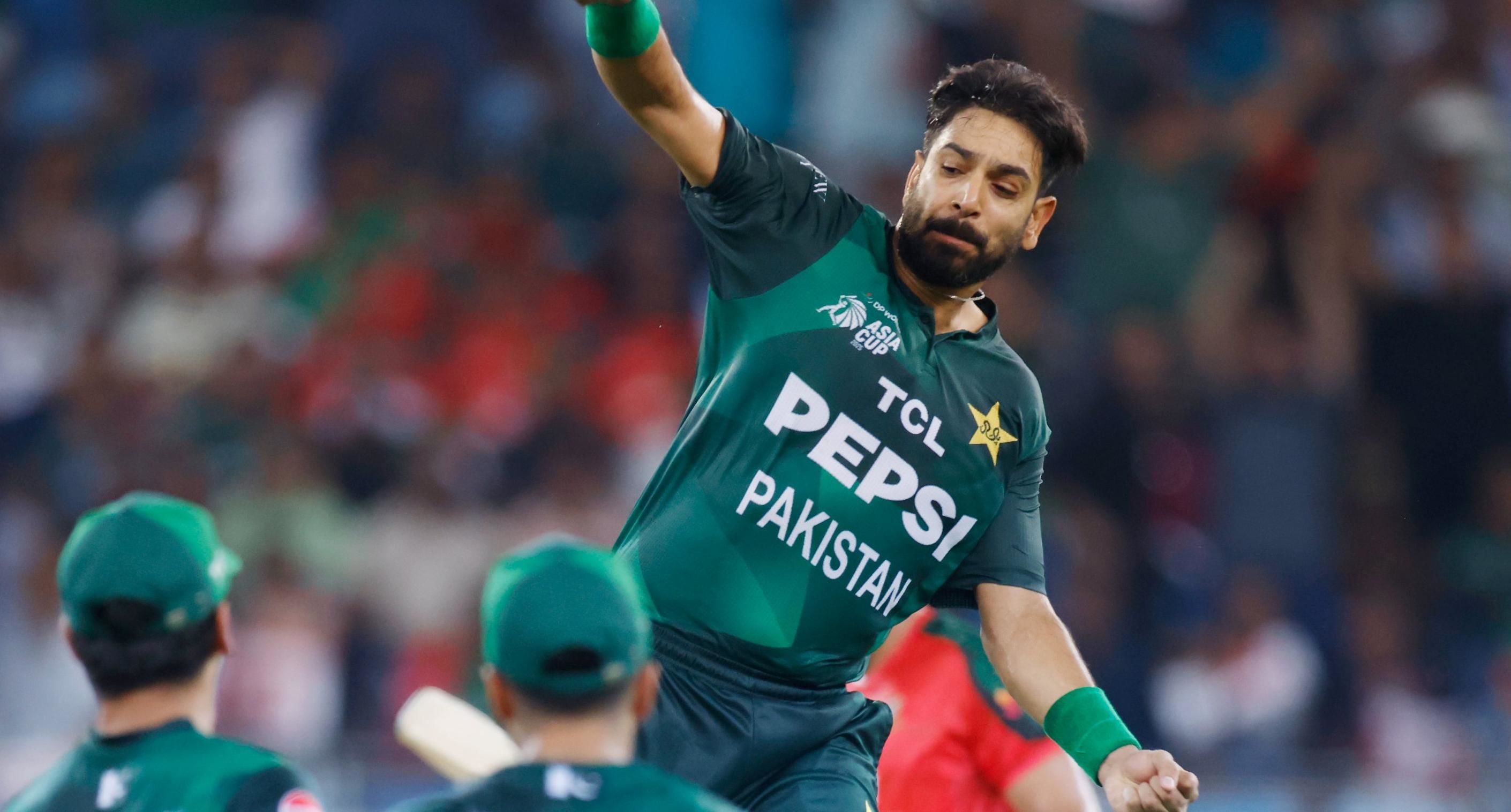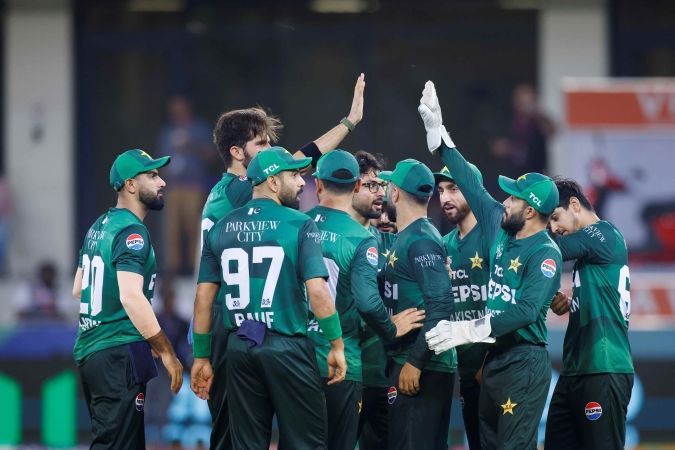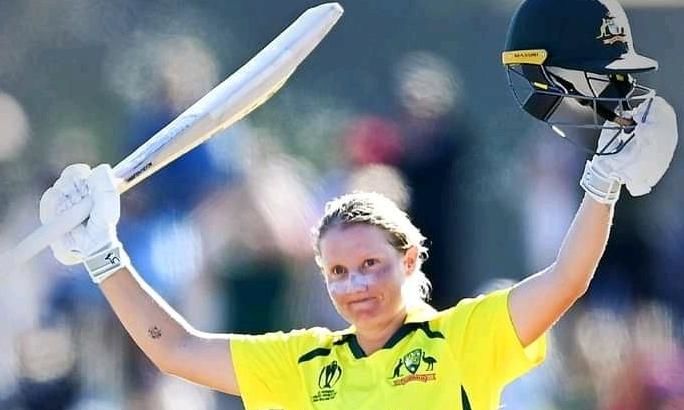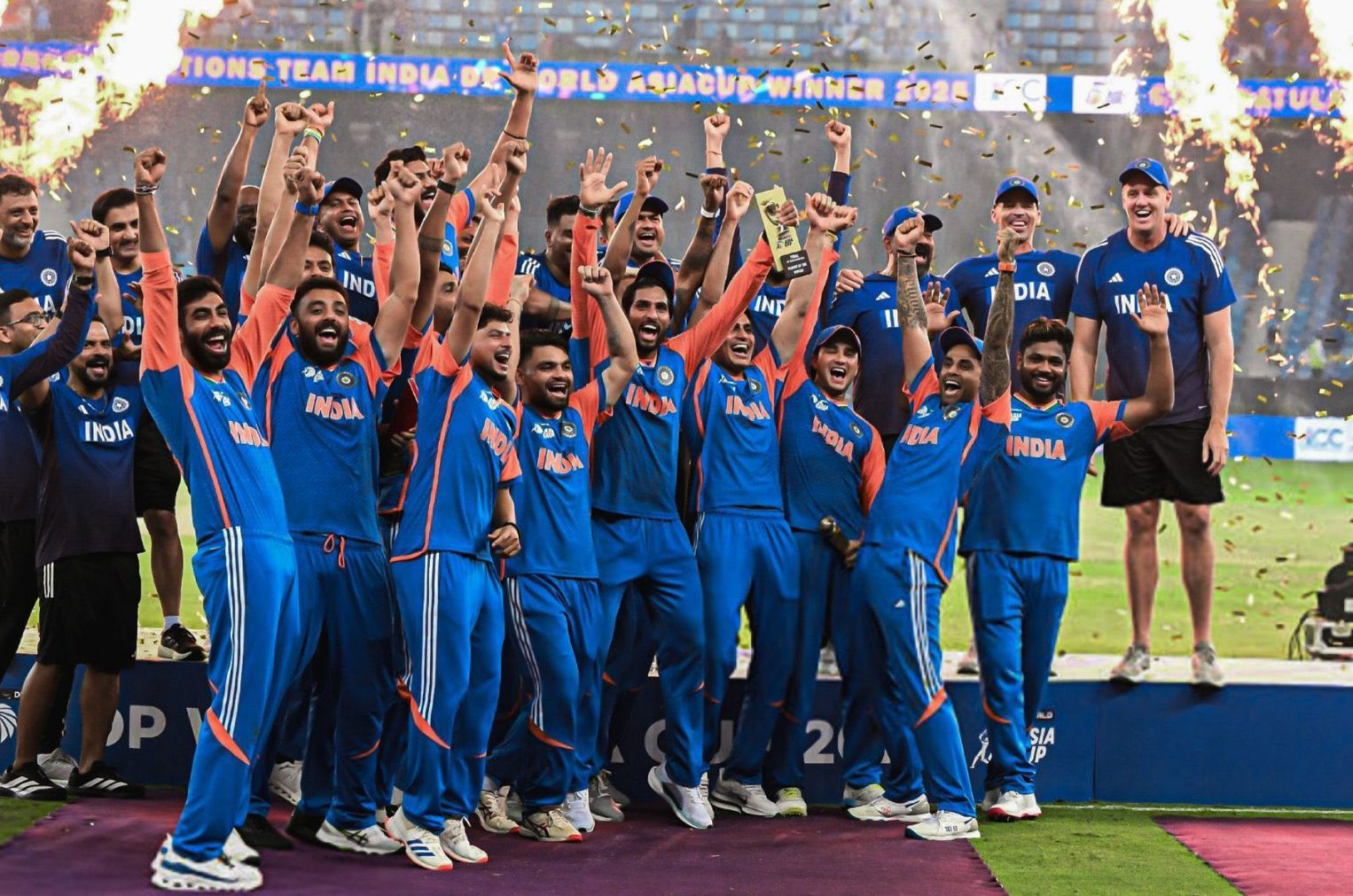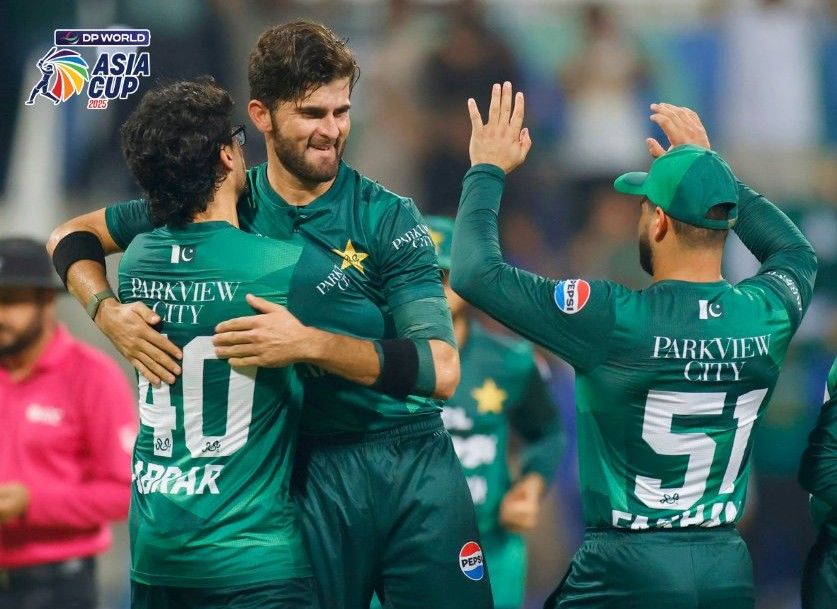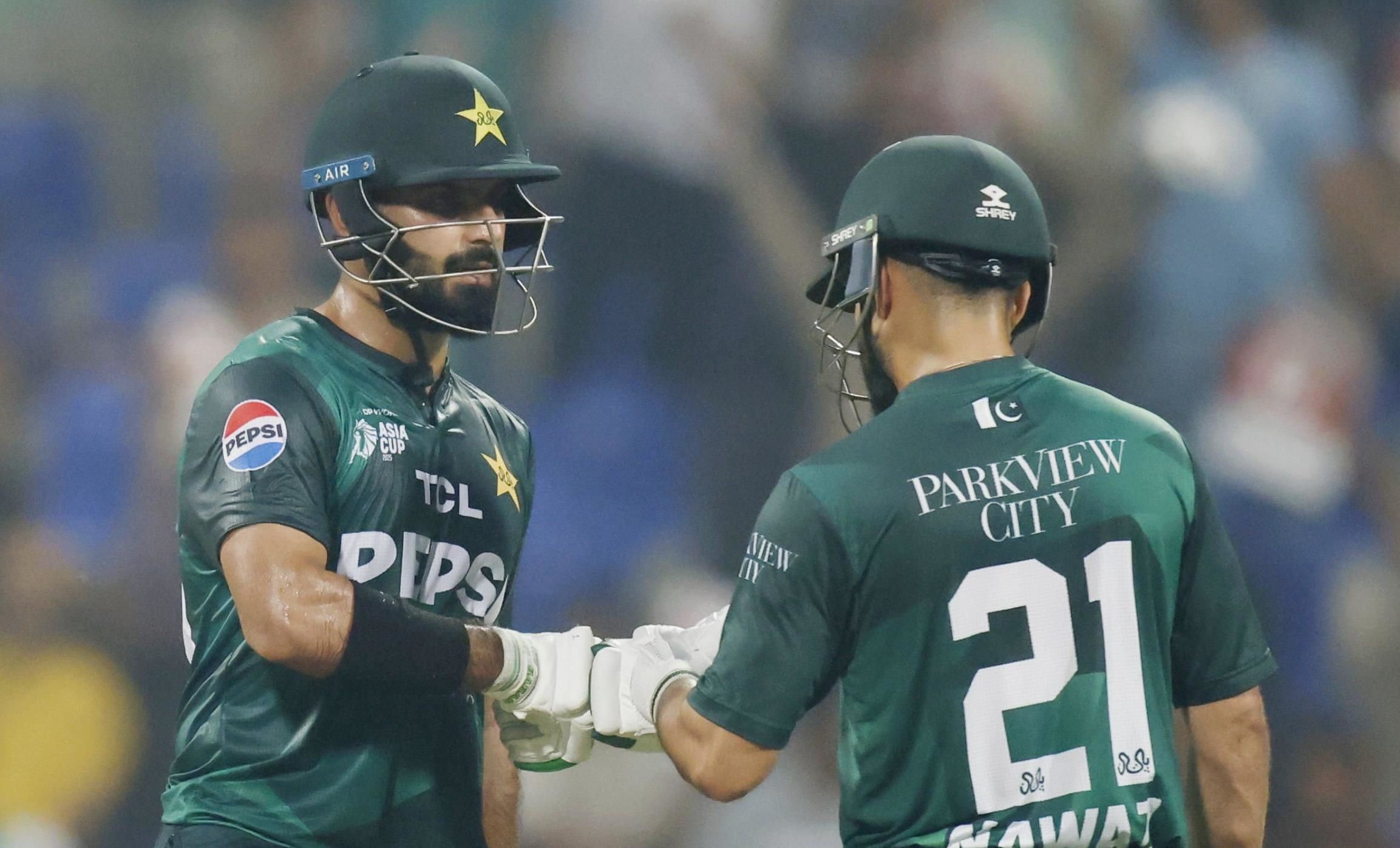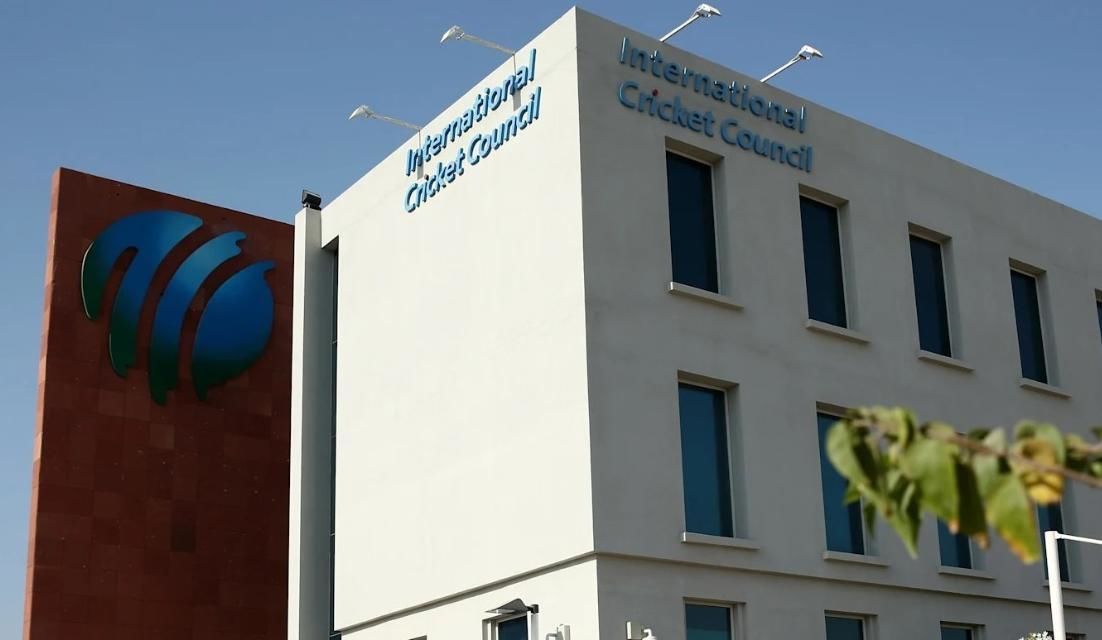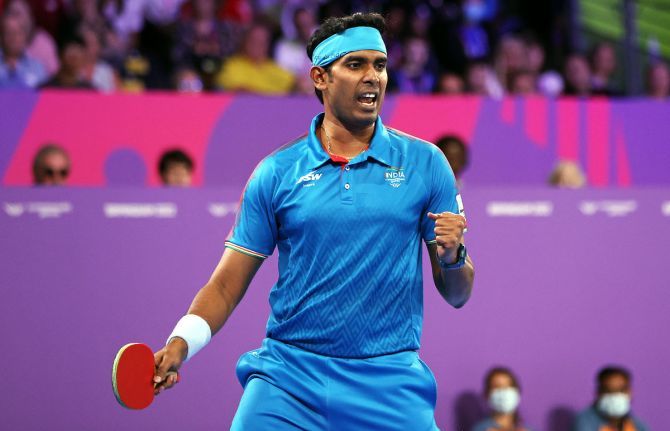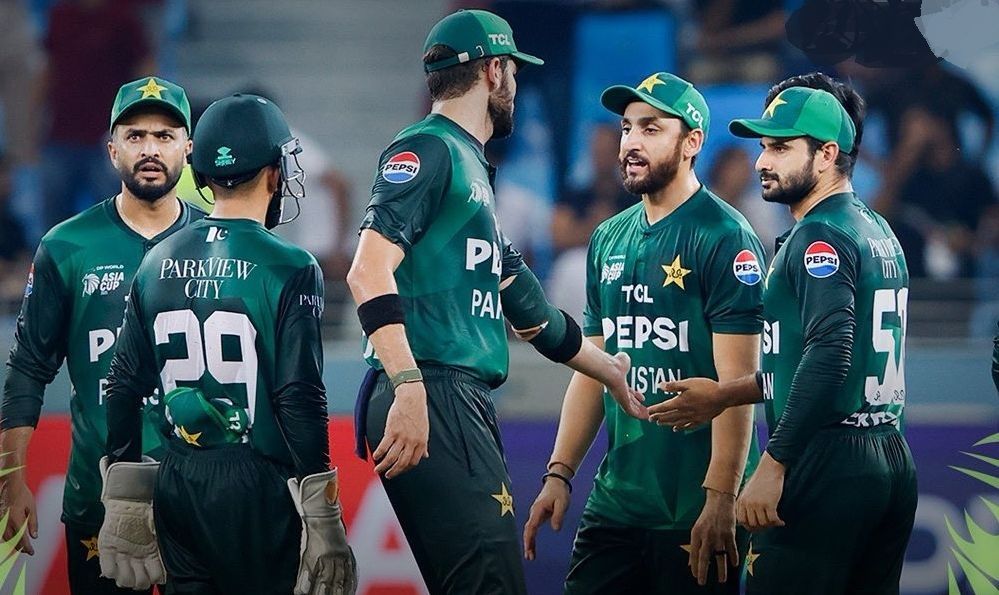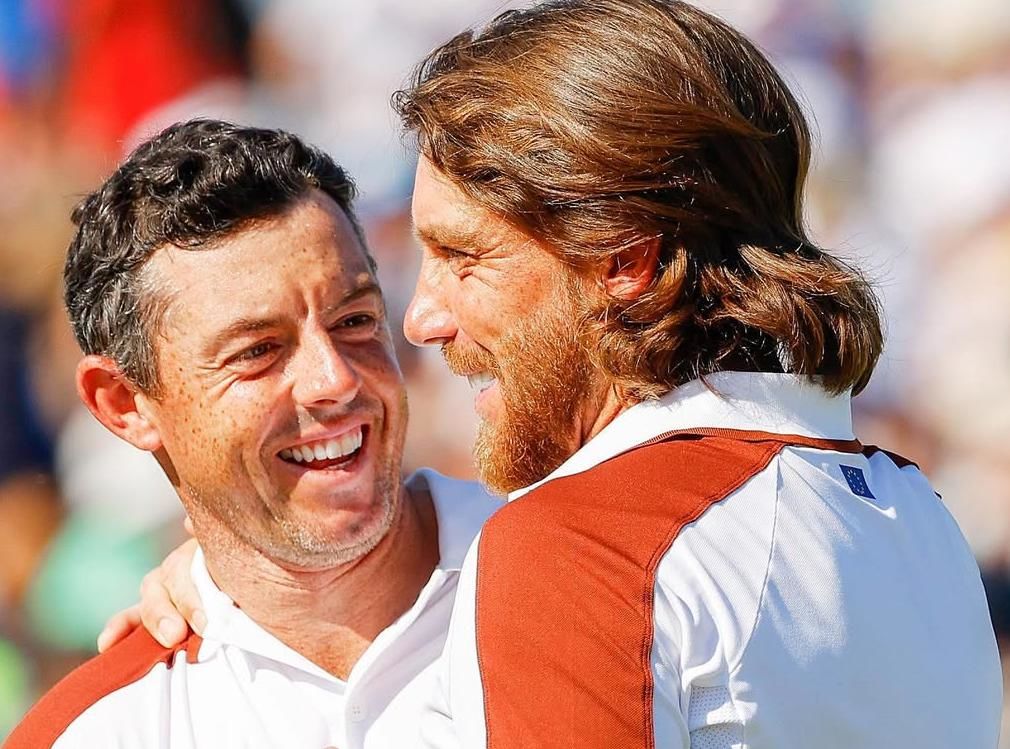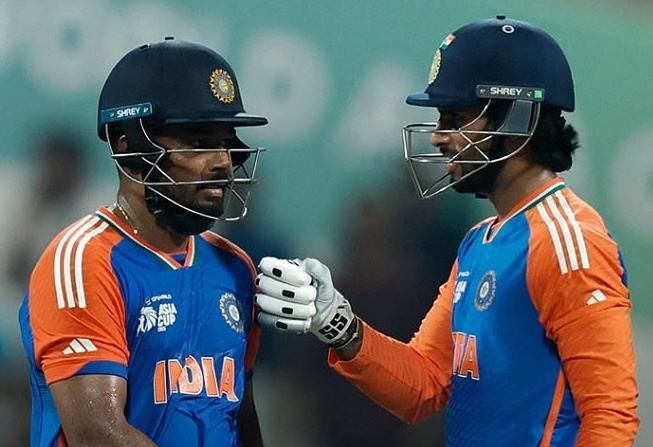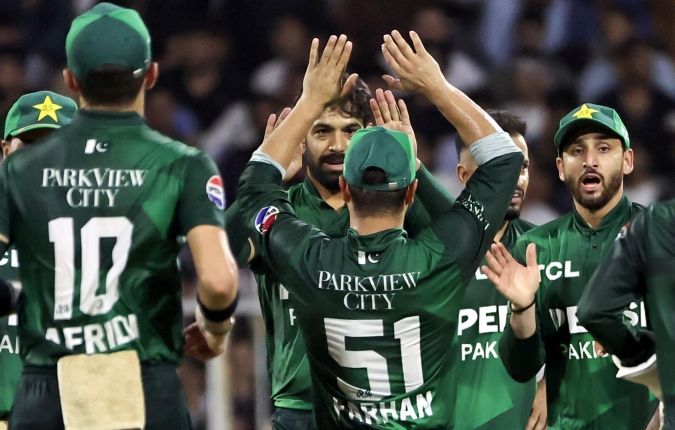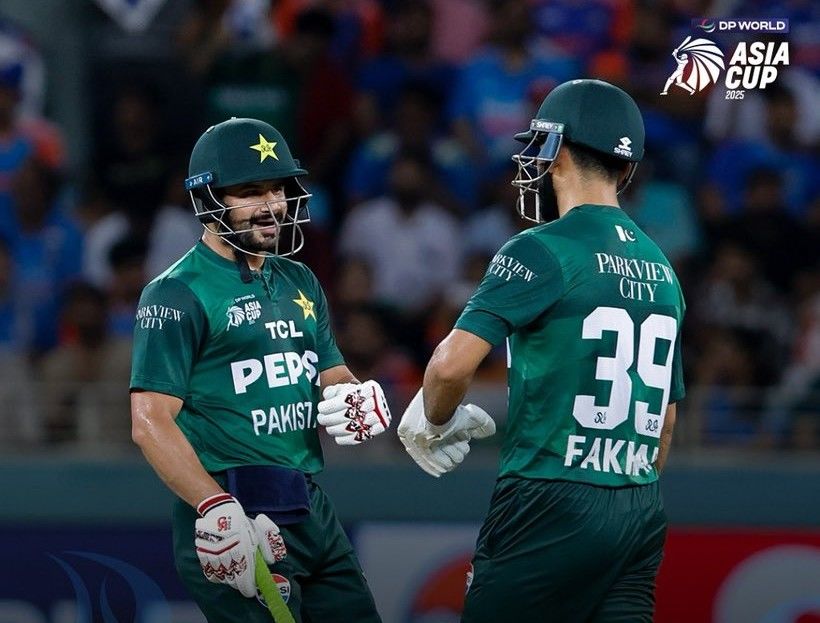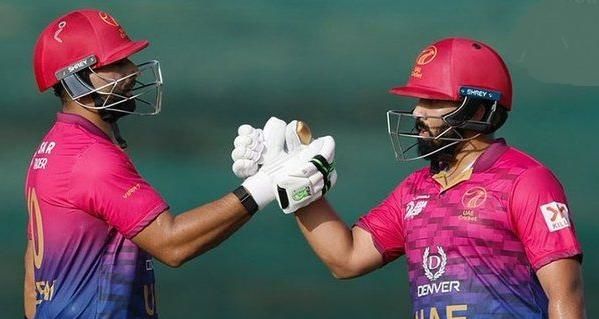On a balmy Dubai night heavy with rivalry, drama, and history, India added another glorious chapter to their storied battles with Pakistan, defeating their neighbours by five wickets to claim a record ninth Asia Cup crown.
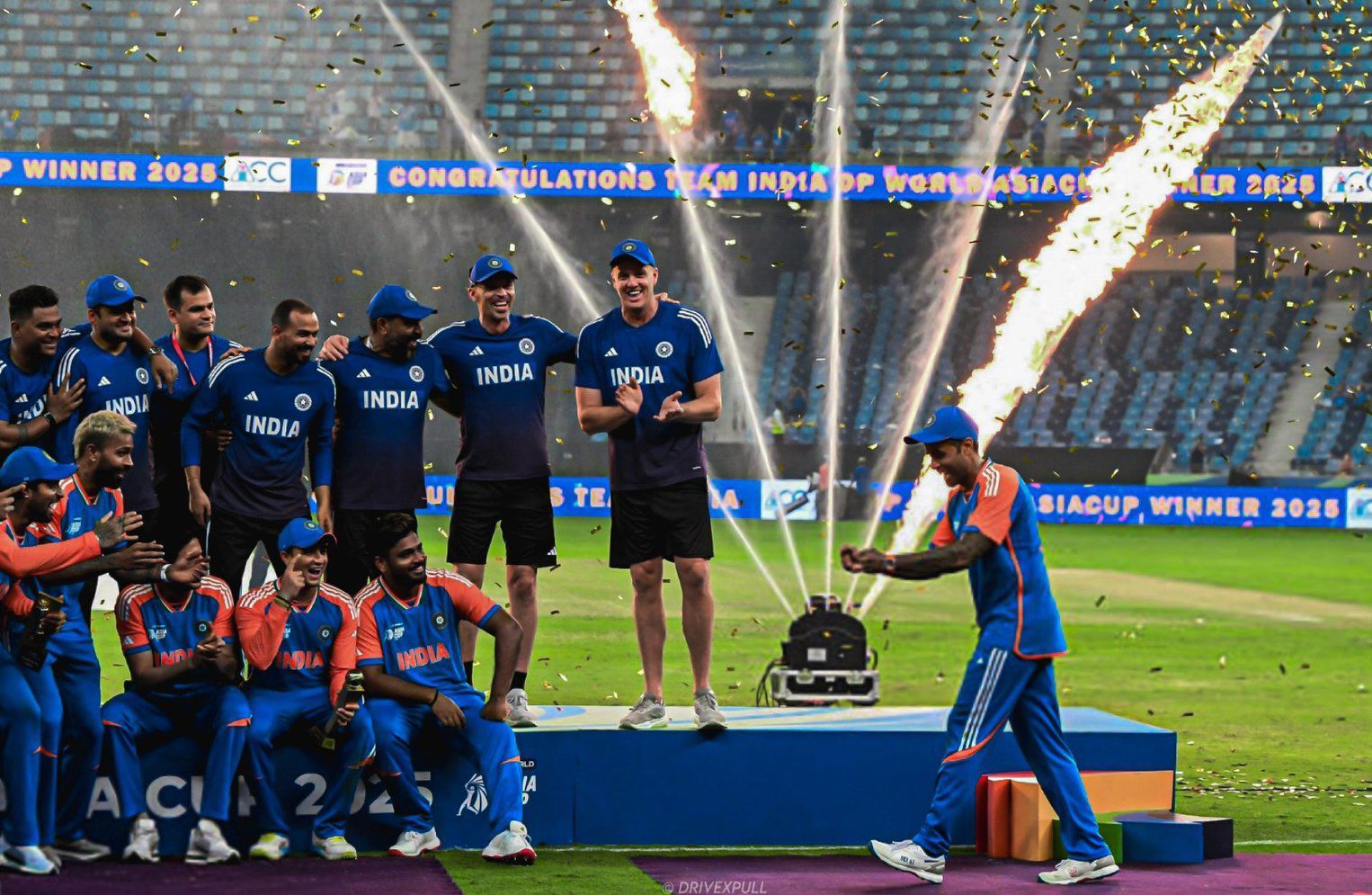
Yet, beyond the cricketing heroics of Tilak Varma’s unbeaten 69 and Kuldeep Yadav’s four-wicket spell, it was what unfolded off the field that sharpened the symbolism of this triumph: the Indian team pointedly refused to accept the gleaming trophy from Pakistan Cricket Board chief and ACC President Mohsin Naqvi. The gesture, subtle yet deliberate, soaked the Dubai International Stadium in political theatre as much as sporting ecstasy.
After an hour-long wait, the Indian players mocked a trophy celebration without one in hand — mimicking the lifting of silverware before finally choosing to raise it together amongst themselves, a gesture of solidarity that will be remembered as much as the cricket itself.
Kuldeep Sparks a Collapse, Varma Anchors a Chase
Earlier, Pakistan seemed poised for a towering total at 113/1, their openers Sahibzada Farhan (57) and Fakhar Zaman (46) cruising with elegance. But Kuldeep Yadav weaved magic in his 17th over, striking thrice to reduce Pakistan to tatters. From stability to sudden freefall, they collapsed to 146 all out in 19.1 overs, the last nine wickets tumbling for just 33 runs.
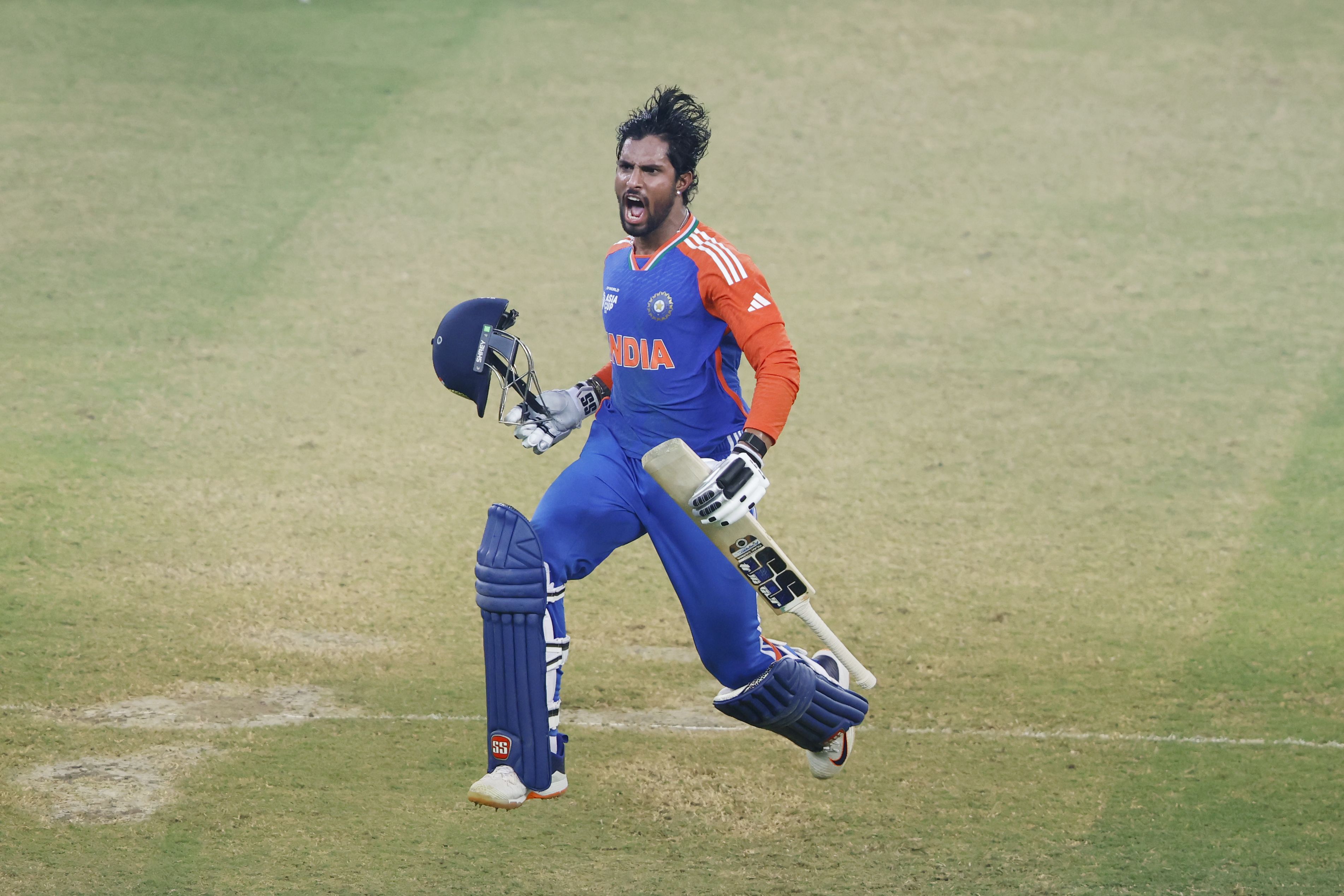
India’s chase, however, was not without panic. At 20/3, the contest tilted precariously. But Tilak Varma, calm-faced under pressure, carried his bat with poise and precision. Stitching vital stands with Sanju Samson (24) and Shivam Dube (33), he mastered both tempo and temperament. His knock of 69 not out, adorned with three fours and four sixes, turned a tense chase into a triumphant march with two balls to spare.
For Tilak, this was more than just a match-winning effort.
It was pressure. They were mixing it up well. I tried to breathe, stay calm, and back my game. This is one of the most special knocks of my life. Chak De India.
Pakistan’s captain Salman Agha, meanwhile, admitted his side had squandered their chance.
“It’s a tough pill to swallow. We lost too many wickets and didn’t rotate strike. I thought we had the game when they needed 63 from six overs. But batting cost us. I’m proud of the team, and we will work hard to come back stronger.”
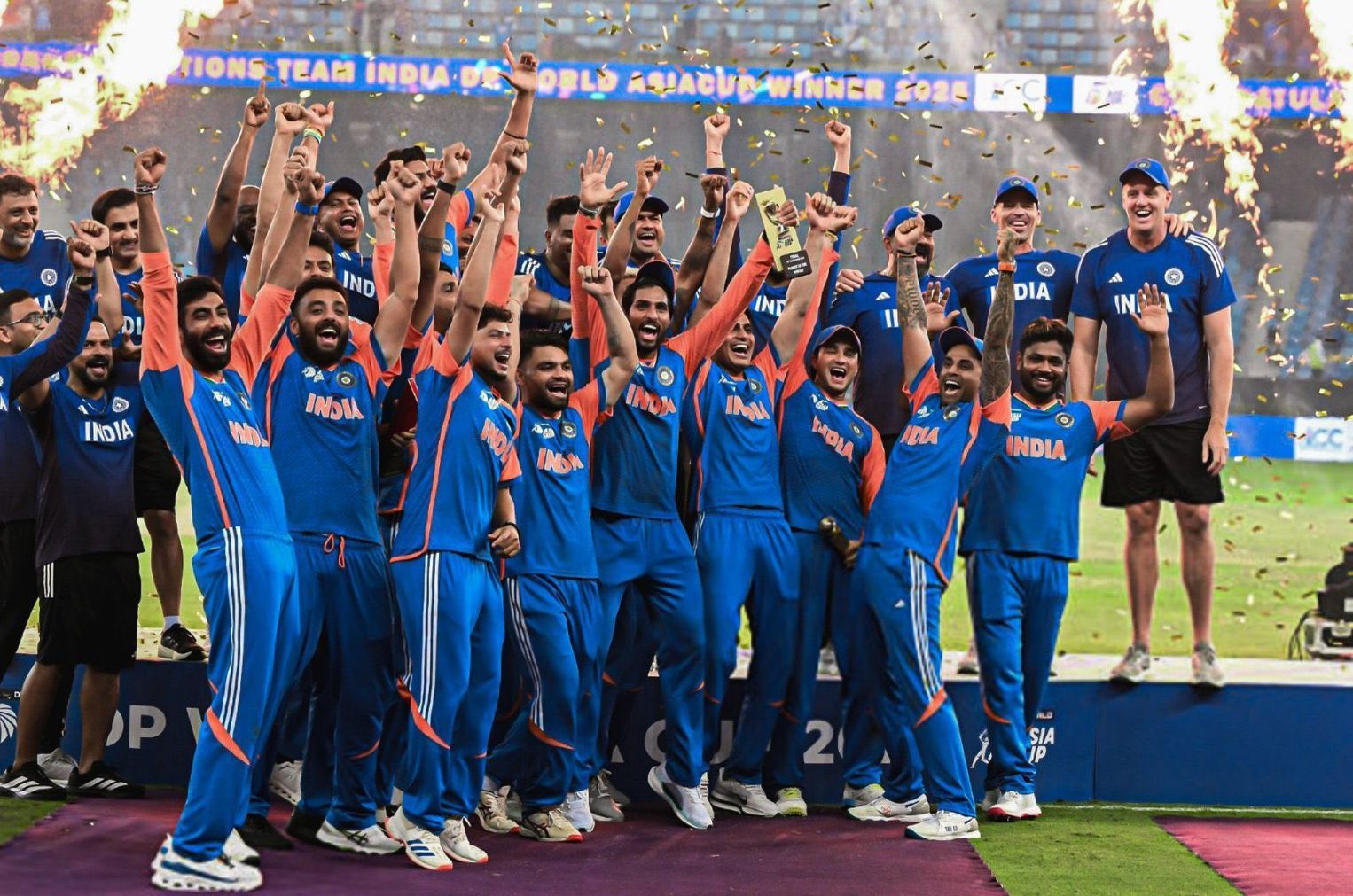
A night of Symbolism
If the cricket was dramatic, the politics was no less so. By declining to receive the trophy from Naqvi, the Indian team sent an unspoken but resonant message, underscoring how matches between these two nations are never just about runs and wickets.
After an agonising wait of over an hour, the Indian players mocked a trophy celebration without one in hand, mimicking the ritual of lifting silverware before finally choosing to hoist it together amongst themselves. In refusing to receive the silverware from Pakistan Cricket Board chief Mohsin Naqvi, India transformed the act of celebration into a gesture of solidarity and quiet defiance — one destined to echo beyond the Dubai night.
The symbolism was not lost on anyone. Even Prime Minister Narendra Modi took to social media, drawing a parallel between India’s triumph on the field and its larger spirit of resilience.
“#OperationSindoor on the games field. Outcome is the same — India wins! Congrats to our cricketers.”
The words struck a triumphant note at home, though the choice of phrase is likely to add fuel to the already simmering rivalry beyond the boundary ropes. As Tilak Varma raised his bat, his teammates celebrated the win, and the desert sky lit up with fireworks, India had not only beaten Pakistan for a third time in this tournament but had also etched a victory of pride, politics, and poise.
Skipper’s Tribute to the Armed Forces
Adding to the night’s symbolism, skipper Suryakumar Yadav announced that he would donate his entire match fee to the Indian armed forces. The gesture, would have received roaring approval from the Indian fans, underlined the team’s sentiment of playing not just for silverware but for the nation.
For a champion team to be denied the trophy is something unheard of. We fought hard, playing two intense games in as many days, and I felt the boys deserved the recognition. I don’t want to say much more, but it was disappointing.
With that, the story of this night may not end with the scorecard. The refusal to accept the trophy from Naqvi, the mock celebration, and the Prime Minister’s pointed “#OperationSindoor” tweet have already spilled the contest far beyond the boundary.
The next few days promise to be as combustible as the final itself — with political reverberations, media debates, and diplomatic undertones certain to keep this result alive long after the last ball was bowled. The cricket may be over, but the contest is only just beginning.
